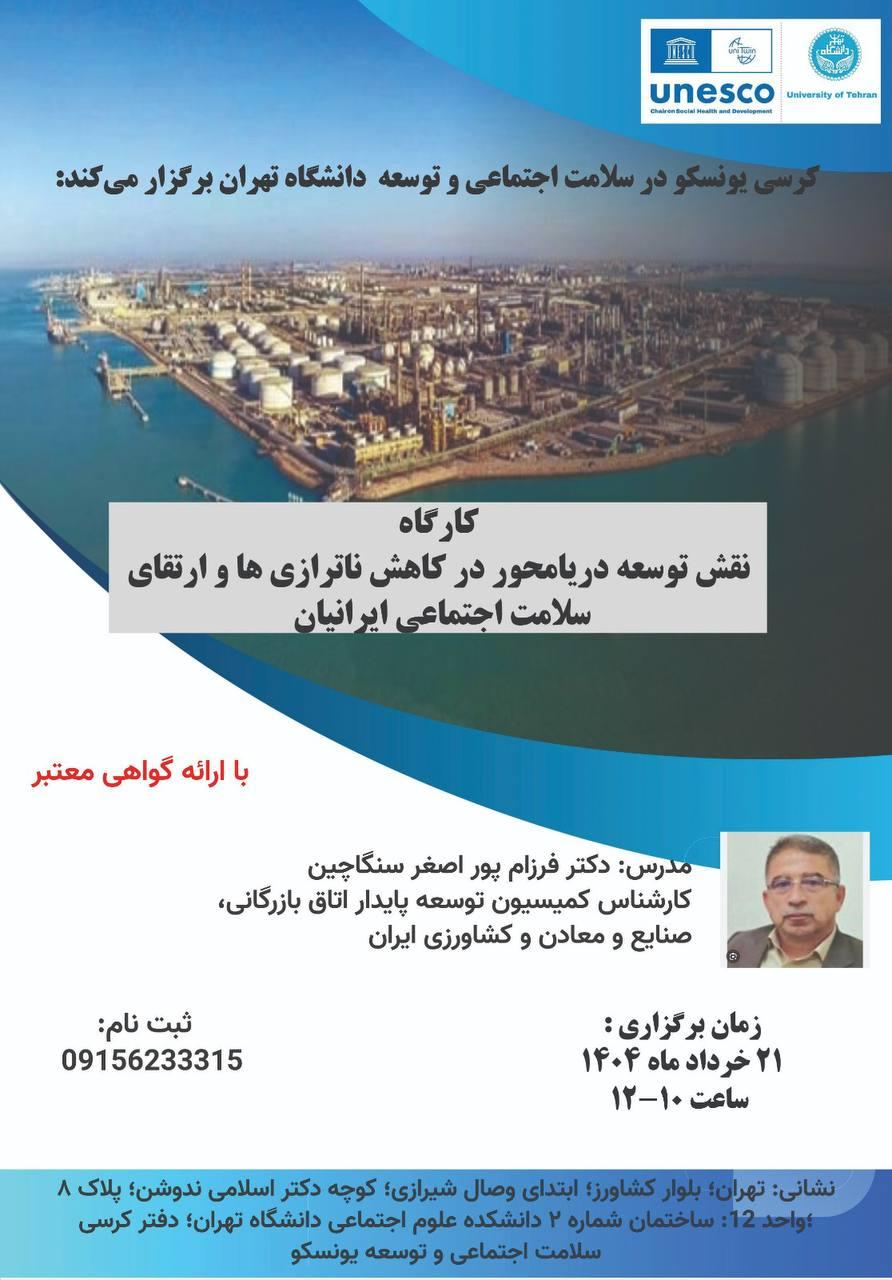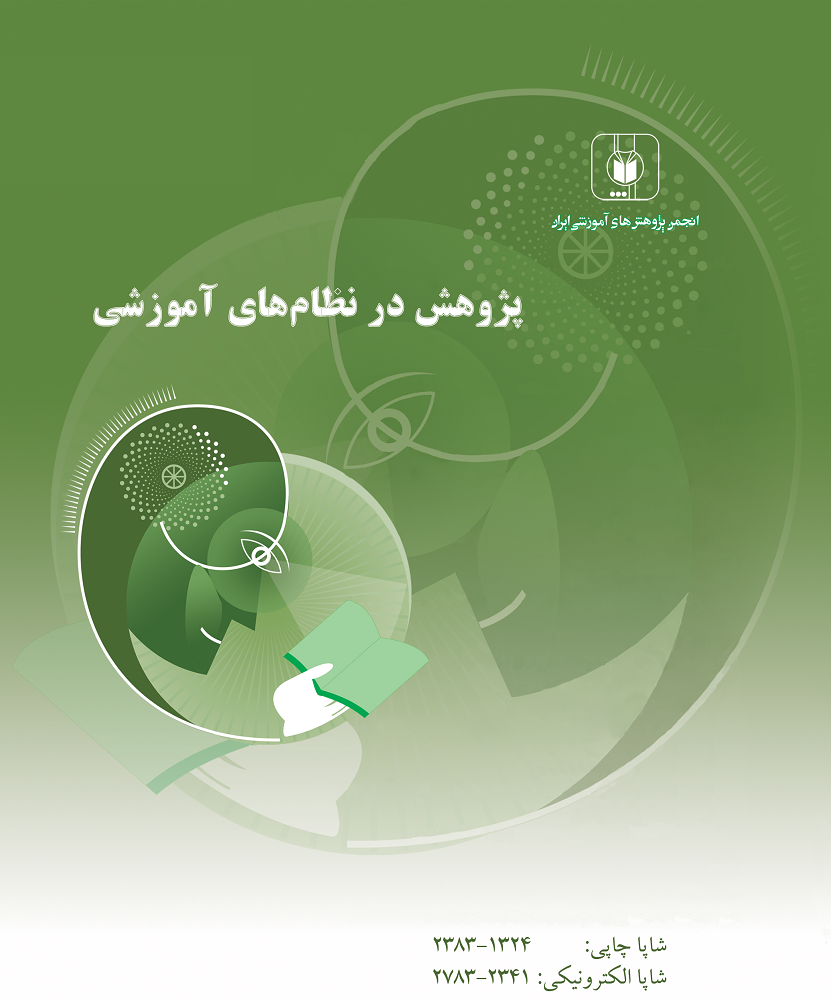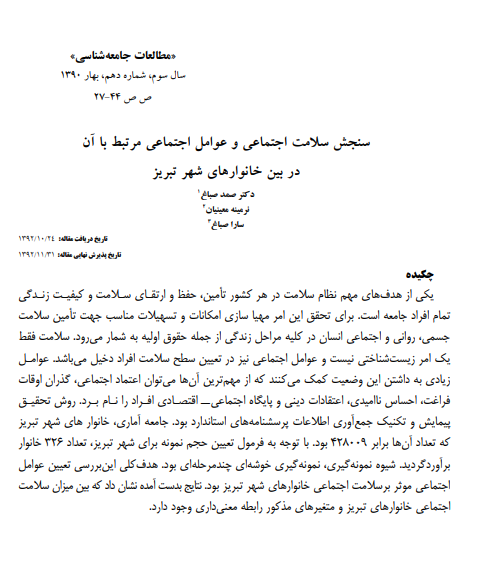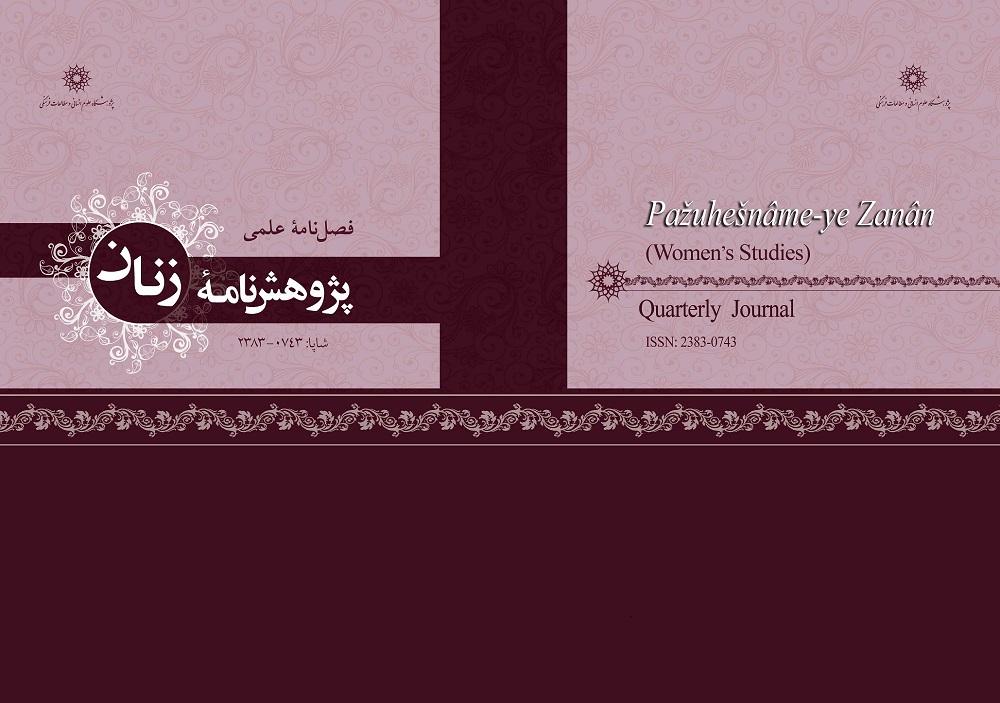Why do people use more sedatives? - کرسی یونسکو در سلامت اجتماعی و توسعه ucshd

Why do people use more sedatives?
Why do people use more sedatives?
01 01 2024 10:33
News Code : 4192074
View Count : 939
In this society where emotions are controlled from above, naturally, a high psychological challenge occurs.
Why do people use more tranquilizers?
In this society where emotions are controlled from above, naturally, a high psychological challenge occurs.
Why do people use more tranquilizers?
In addition, the tendency towards psychological categories and people's increased use of tranquilizers are consequences of these unresolved crises that, according to this sociologist, have gradually spread in Iranian society. He says in this regard: All these things have gradually caused the field of psychology to spread in our universities. If you go to Enghelab Street right now, it is full of books on psychology in two and three minutes, mental peace, and the mysticism of the circle, etc. These things show that the human psyche in our society has become socialized in the way Foucault said and has become a social issue. Again, as Foucault says, the way to face this issue has its own rituals.
According to Mehrayin, from people's increased use of tranquilizers to their increased attendance at counseling classes, etc., there are signs of people's need to search for relaxation techniques. The use of sedatives such as diazepam, clonazepam, etc. has become common among people. If you do a research among the psychiatric drugs that are in different doses in the refrigerators of homes, you will see that many of these drugs are similar to each other, and this indicates an intensification of psychological tensions over time. Public space is not open, emotions are not discharged. Mehrayin considers the lack of space in the public sphere for expressing emotions and discharging psychological emotions and turning the private sphere into a place for discharging the psychological burden of these emotions as one of the reasons for the increasing threat to psychological security in families, and says: Modern society loves the street as a manifestation of modernity and a public arena where emotions can be discharged psychologically. All these psychological and emotional discharges by seeing goods and other elements of modern life must be done on the street, but because our streets are closed, this psychological burden has inevitably entered the homes. Note that our experience of modernity is actually greater in families. This is why we see high consumption of everything (including electricity, energy, water, and even homemade alcoholic beverages) in homes. The production of alcoholic beverages has increased 800 times in the past year, which means that some homes have become private property, and this is due to the tensions that exist in the space of homes and between men, women, and family members, and this is manifested in this way.
What effect does a broken psyche have on society?
But what is the effect of a broken psyche on society? How does a broken psyche further stimulate society to become more mentally disturbed. In this regard, Mehr Ayin refers to events that have occurred in recent years. From the bitter story of Setayesh and Benita, etc. to the sexual harassment of students in a school in West Tehran. This sociologist says: Psychological security is not a neutral concept. Naturally, when psychological security is disrupted in a society, it affects other social aspects and manifests itself in various areas. He believes that part of what we call today the increase in dissatisfaction and protests of various social groups (workers, women, farmers, the poor, etc.) is due to the conflict between political policy and the social life of individuals, which has gradually intensified in recent years.
Mehrayin says: In the relationship between life and politics, there are four relationship patterns. One relationship pattern is that politics does whatever it wants. Whether it is war, exporting ideology, etc., which is the prevailing practice in our society. Another type, which has also been talked about in our society in recent years under the title of "sustainable development", is that politics does whatever it wants but pays attention to the environment and culture of society so as not to cause damage to future generations, which is called the sustainable development model. The link between politics and life must be established
However, according to this sociologist, these two patterns have a fundamental problem. In neither of them, life is linked to politics.
Mehraayin says in this regard: These two models are separate from life. Either politics is the winner or politics must pay attention to the environment and culture according to the sustainable development model. Therefore, there is no connection between these and the social life of the people. But we have another model in theoretical discussions called bio-politics that establishes this connection between politics and life.






